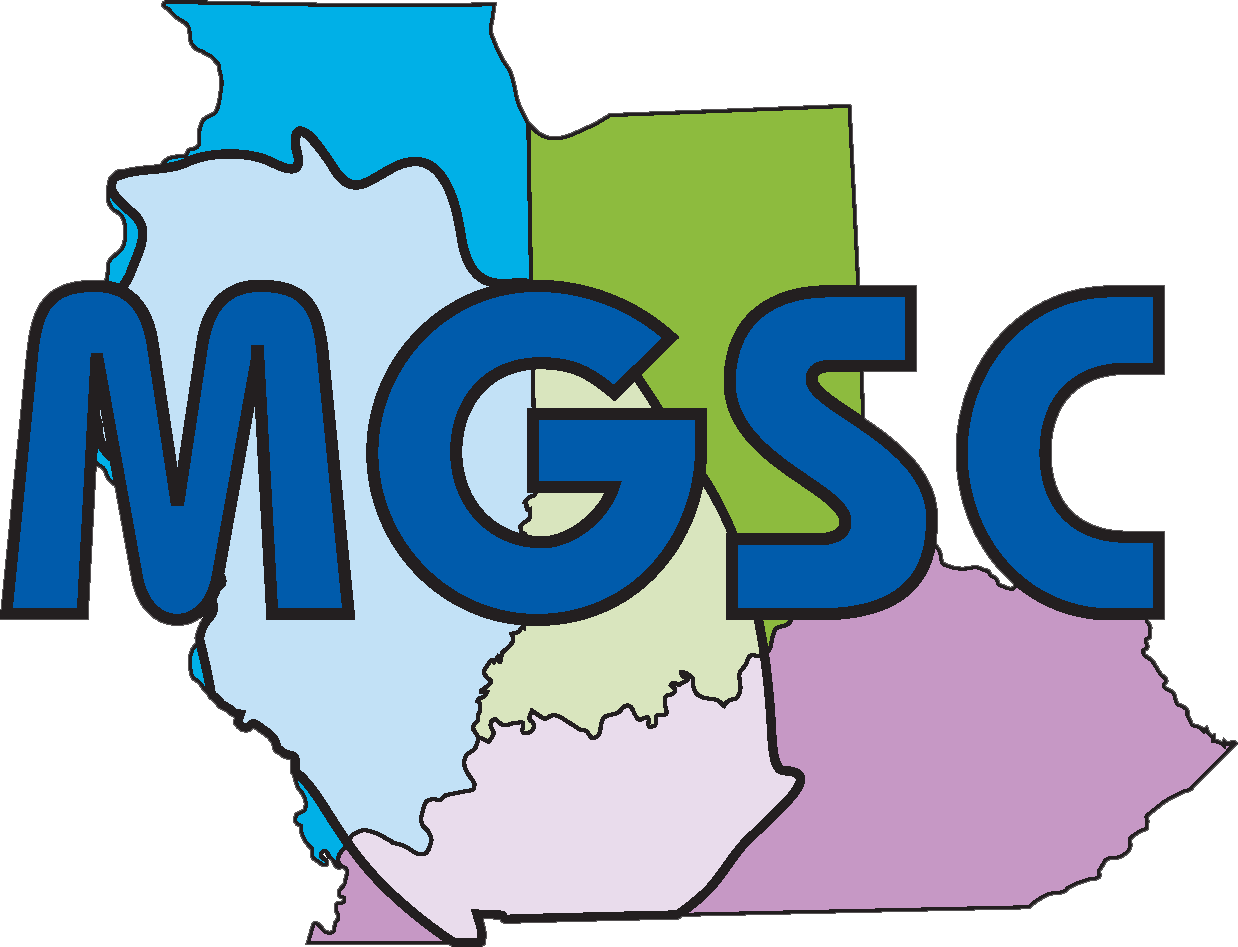Computational Methods
in Water Resources
XIX International Conference
![]() June 17-21, 2012
June 17-21, 2012
at the University of Illinois at Urbana-Champaign
Special Session on:
Advancing the Prediction Skill and Efficiency of Flood Inundation Models in a Data-Rich Environment: Algorithm Design, Meshing, Coupling and Parameter Estimation
Conveners:
Brett Sanders, UC Irvine
Paul Bates, Bristol University
Featured Speakers:
Guy Schumann, University of Bristol, "Assessing forecast skill of a large scale 2D inundation model of the Lower Zambezi River with multiple satellite data sets"
Ryota Tsubaki, Hiroshima University, "Structure of inundation flow over complex topography"
Description:
Engineers and hydrologists now have access to a wealth of land surface data to support flood inundation modeling including aerial and terrestrial laser scanning data (lidar), classified land surface data, flood control infrastructure data, building geometry data, gage data, optical and microwave observations of flood extent, and flood altimetry data. Along with advances in computational methods and computing systems, these data have enabled improved modeling of inundation dynamics including a trend towards high-resolution models that provide a localized characterization of flood intensities that can be important for flood damage assessment and emergency management. In addition, the coupling of hydraulic and hydrologic models has allowed researchers to link localized flood risk to larger scale processes and improve understanding of both trends and uncertainty in flood risk. This session encourages submissions focused on improving the prediction skill and efficiency of flood inundation models in a data-rich environment. Topics of interest include algorithm design, meshing, coupling of hydraulic and hydrologic models, parameter estimation and uncertainty. Submissions that link hydraulic model skill with flood damage prediction and emergency management are also welcome.


